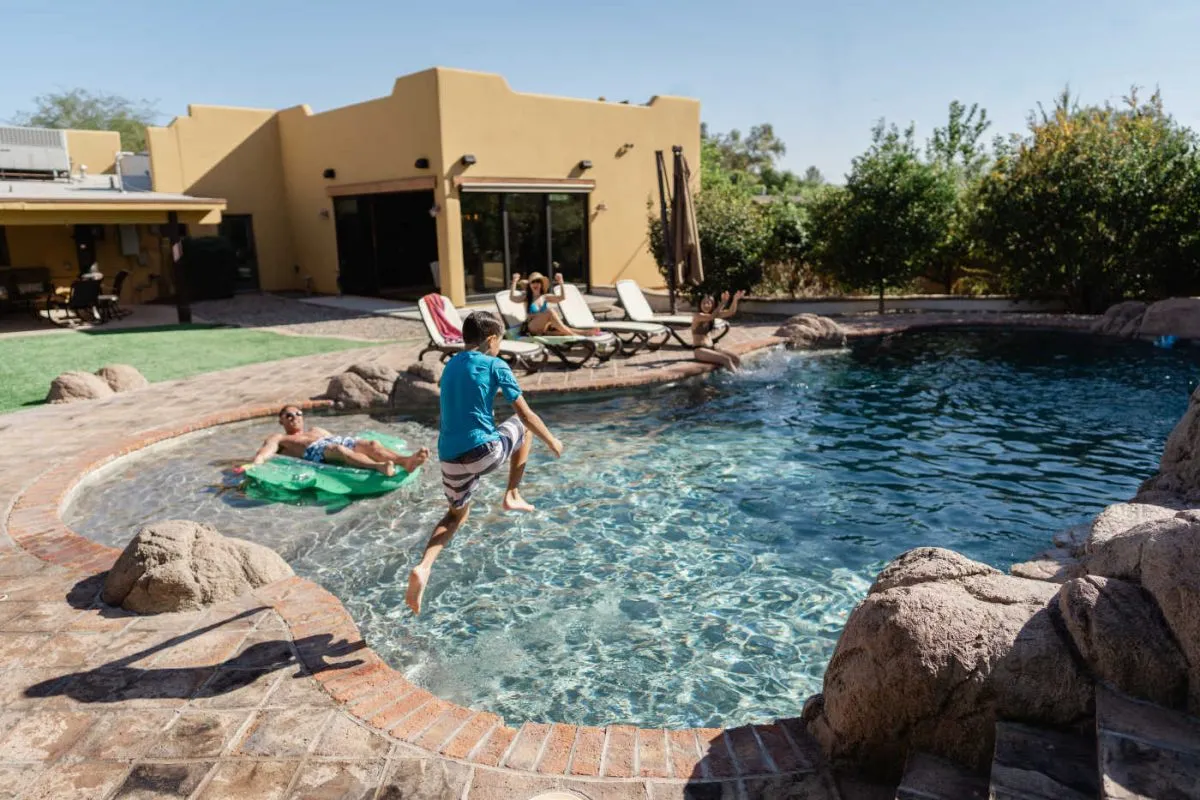Skift Take
When online travel agencies trot out statistics on their numbers of properties, is it a vanity thing or something more strategic? If you take Vrbo at its word, it's going for quality over quantity.
Vrbo has recently severed ties with “a large number” of its vacation rental hosts who have cancelled too many guest bookings without valid reasons.
That was the word this week from Tim Rosolio, vice president of vacation rental partner success at Expedia Group, as he addressed Vrbo’s moves to penalize hosts who cancel too frequently. One of the little-known parts of the new strategy is that Vrbo, an Expedia Group brand, has essentially been firing hosts, and cleaning out bad actors from its ranks.
“There are a large number of partners that we’ve looked at their cancellation history. And we’ve called them over the past two months,” Rosolio said during a panel discussion at the Vacation Rental Management Association conference in Orlando on Monday. “And we’ve told them that we’re not going to work with you anymore. We’ve done that pruning of the marketplace. It’s mostly individual owners.”
Vrbo Supply
Rosolio said Vrbo has plenty of vacation rental supply and he’s “always viewed just how many properties we have as a little bit of a vanity number.”
More important, he said, is to avoid Vrbo hosts’ unnecessary cancellations, which can anger guests and turn them off from ever booking a vacation rental again.
Vrbo also decided to levy penalties of up to 50% of a gross booking against hosts who cancel too much. Vrbos is also making it tougher for hosts to qualify as premier hosts, a status that can elevate their homes’ positions in search results.
Airbnb: ‘Google Wins and Everyone Else Loses’
The panel at the vacation rental conference focused on so-called “OTA wars” — meaning vacation rental competition among online travel agencies. Several participants took shots at a familiar target, Google and its grip on search.
“You get on the paid search spend wagon and it’s really hard to get off, and then Google wins, and everyone else loses,” said Rich Au, Airbnb’s head of global business development.
Airbnb has downplayed its use of Google paid search over the years, and claims that 90% of its site visitors come direct — although that includes those who land on Airbnb via Google’s free links.
Booking.com’s Take on Google
Ian Ackland, regional director, North America at Booking.com, which spends billions of dollars annually on Google paid search, disagreed. “A blend of things work,” Ackland said. “You can’t give up Google. I think it has to be part of your strategy.”
He argued that travel businesses need to seek sponsorships, such as Booking’s with Major League Baseball in the U.S., ICC Cricket in India, and the FIFA Women’s World Cup. Travel companies should also broaden distribution partnerships, he said. For example, Ackland said, Booking provides lodging supply to Southwest Airlines and Apple Maps.
Valentin Grüber, chief operating officer of HomeToGo, said the travel comparison and booking site is using detailed questioning of consumers via AI to personalize vacation rental results.
“The problem with Google if if you put in ‘vacation rental Florida,’ then that can be a million things,” Grüber said. “Our new AI mode is automatically questioning the customers to then propose properties independent of the location. Because maybe just going a mile out of your search radius suddenly satisfies your need. And we hope that this will increase conversion rates again, which ideally drives down the marketing competition that we all pay at Google and others.”
Panel moderator Bryan Boice, vice president of sales at Inhabit, said audience members probably don’t know that when the panelists’ companies spend money in Google paid search, Google “actually comes to each of them. It says, here’s how much your competitors are spending, here’s where they’re spending it, and here’s how they’re doing it. What are you going to do? It’s kind of a monopoly. It’s nutty.”
In a statement, a Google spokesperson noted the tools the company provides advertisers. “Since May 2012, Google has offered advertisers an auction insights report in Google Ads so they can compare their performance with other advertisers who are participating in the same auctions they are,” the statement said. “This report, along with dozens of other reports that give detailed metrics, is available to all advertisers.”
Hopper Is Still in the Vacation Rental Business
Hopper’s vacation rental business was impacted by the company’s recent layoffs. But Luca Parducci, director of supply at Hopper Homes, said Hopper is “working hard” to bring some of its fintech products to vacation rentals. Hopper generates revenue from various airline and hotel price and cancellation protection products.
Dwell Newsletter
Get breaking news, analysis and data from the week’s most important stories about short-term rentals, vacation rentals, housing, and real estate.
Have a confidential tip for Skift? Get in touch
Tags: airbnb, apple maps, cancellations, expedia, expedia group, google, guests, hometogo, hopper, hosts, layoffs, southwest airlines, vacation rentals, vrbo
Photo credit: A vacation rental that was listed on Vrbo in Scottsdale, Arizona. Source: Vrbo VRBO
